Farmer John Writes: Healing the Past
Harvest Week 13, September 20th – 25th, 2021
Please Set Your Preferences for Winter Squash Varieties
In case you missed last week’s newsletter–please go to your membership account, click on “Item Preferences”, and set your preferences for the different types of winter squash that we grow, which have now been added to our list of crops. Your preferences will be automatically saved. (Note: It’s quite the challenge to know just how much of each winter squash variety we have to offer, so, occasionally, you might customize your share with one variety, and we might need to substitute with another variety, ideally a similar variety.)
Great Field Day
We enjoyed a festive Field Day here this past Saturday; everything about it seemed perfect. I will probably write more about it next week, given how extraordinary it was. For those of you who didn’t come but still want pumpkins and gourds, we’ll bring them up to the buildings soon and will let you know by email when you can come get some.
Teamwork
There is a lot of work that has to be done here to grow the crops, harvest, pack and deliver them. Outside of that, there is an enormous amount of more systemic work to do: build compost piles; prepare fields for the upcoming season; maintain and repair buildings and equipment, etc. How we can actually go beyond the day-to-day demands and get to some of the other work here is because of a confluence of skills, willingness, and equipment.
Victor the Victor
To get a picture of a major player in this confluence, meet Victor Magaña, our crew leader and extraordinary mechanic. Victor has been working here for 11 years. I don’t believe he has ever shied away from a challenge. I ask him to do something challenging, fine, he’ll do it. If he can’t do it, he’ll do it anyway. If he still can’t do it, he’ll watch videos on how to do it. If he still can’t do it, he’ll call around to figure out how to do it. And he’s not one of those people who will get bogged down doing a difficult or seemingly impossible job and spend an inordinate amount of time on it. He works at an almost unimaginably fast pace–his hands often a blur of motion, his tall, lean form a streak across the fields or the farmstead.
Fun?
On a recent Saturday, Victor showed up at 6:30 a.m. sporting his usual cheerful (and yes, mischievous) smile. I presented the morning’s harvest tasks to him (the crew does not work on Saturday afternoons). It seemed an almost impossible directive to fulfill—harvest winter squash, chard, eggplant, peppers, parsley, dill; just explaining it to Victor made me slump from the enormity. After I finished going over the tasks, Victor said, “this will be fun!” Victor is indomitable.
Is it Art?
A little elaboration on the role of crew leader. It requires an extremely rare combination of common sense, stamina, flexibility, firmness, conviviality, and intuition. Every moment of managing the crew is different from the next moment, and the next, and the next. No manual or standard operating procedure is ever going to capture and organize what it takes to run a crew on this diversified vegetable operation. Just a single crop is often different from one day to the next. Bunches often need to vary in size, due to more leaves or less leaves available, or bigger leaves or smaller leaves, or minimal insect damage or extensive insect damage, or heavy blight damage or no blight damage. Maybe there are two crews working in two parts of the farm. Instructions need to be given, standards upheld, judgments made—will the one crew do it well enough, thoroughly enough, consistently enough for Victor to go be with the other crew? Will the crew grading tomatoes be too lenient, too stringent? Will they compost enough? Will they compost too much? Will there be enough for the pack? And it all has to be done fast. Decisions have to be made fast. We need how much? How many? How big? How soon?
Victor evaluates on the fly, a continuous improvisation, doing what that moment requires, then that moment, then the next. I consider it one of the highest forms of art.
That’s Not All
I’ll add that Victor seeds all the carrots, baby greens, cilantro, dill, radishes and turnips here, almost always with great results. And while he is running the crew, he is keeping machinery going, tires fixed, carburetors and points adjusted—yes, he is a rarity, an inspiration for the crew and an enormous blessing for the farm. (I’ll add that he is extremely funny, and he has many of us laughing hard several times a day.)
Farm Freedom
Besides writing about Victor because he is extraordinary and should be celebrated, I’m writing about Victor to get to how, because he handles so much of the day-to-day tasks here, we are able to free up Pollo to get to other things that have been eluding us. (For more about Pollo, read Farm News Week 10, The Wrong Kiss.)
Pollo Deleted the Ditches
One big job that Pollo did due to this freedom was tear up 14 acres of pasture and 4 acres of hay ground where the seeding had worn out, and re-seed it with grass, clover and alfalfa. This was land that I used to own, land that I had not worked in 40 years. My sister Carol bought that land from me, and still owns it. (For elaboration on this time lapse, watch The Real Dirt on Farmer John.)
There were ditches in the slopes that Pollo filled in and seeded, ditches that were not there 40 years ago, because I had then contour farmed those fields to prevent erosion. I even received the Boone County Conservation Farmer of the Year award in the late 70’s for my soil conservation practices.
These ditches had formed later due to 20 years of conventional farming practices that took place after I had to sell off that land. After those 20 years, the land had provided hay and pasture to the Angelic Organics Learning Center. Those 20 years of their being in hay and pasture had not healed these scars. Driving a truck or tractor through the field and hitting one of these ditches gave a tremendous jolt, threatening damage to axles, tie rods, shocks and tires.
I believe we now have these ditches filled in and smoothed out well enough so the water from a heavy rain will no longer gush down them and further erode the hill. We will now think of them as waterways, as opposed to ditches.
In case you wonder what I plan to do with these fields in the future, I’m not sure. I was thinking about putting the larger field into vegetables, but our level of shareholder sales won’t justify such expansion at this time. For now, I just rest easier knowing that, by the time you are reading this, restorative cover crops will likely be sprouting on this land, with the possibility of pasture, making hay, or producing vegetables in the future.
Pollo Resolved the Ruts
Now to another part of the farm. As long-term shareholders know, we recently had three consecutive seasons of extreme mud here. (Read Farm News, Week 15, 2019, Before the Fronds Wilt for an example of the mud.) We had to work the ground wetter than we wanted, but we figured it was better to feed our shareholders every week than to wait for ideal soil conditions (which didn’t arrive month after month.) When the tractor would get to the end of the bed, known as the headland, and the implement was raised out of the ground, the combined weight of the tractor and the implement would make deep ruts in the ends of the fields, creating a sort of washboard in our headlands. Driving along these headlands, and especially mowing them, was a wildly bumpy, borderline violent ride.
Last week, Pollo tore up these ruts with our subsoiler, smoothed them out with our rotavator, and seeded them—a very bumpy job that took days to accomplish. It was extra challenging due to the extremely dry and compacted soil of our headlands. How did Pollo get to it? Victor was running the crew, freeing up Pollo to do farm upkeep—teamwork.
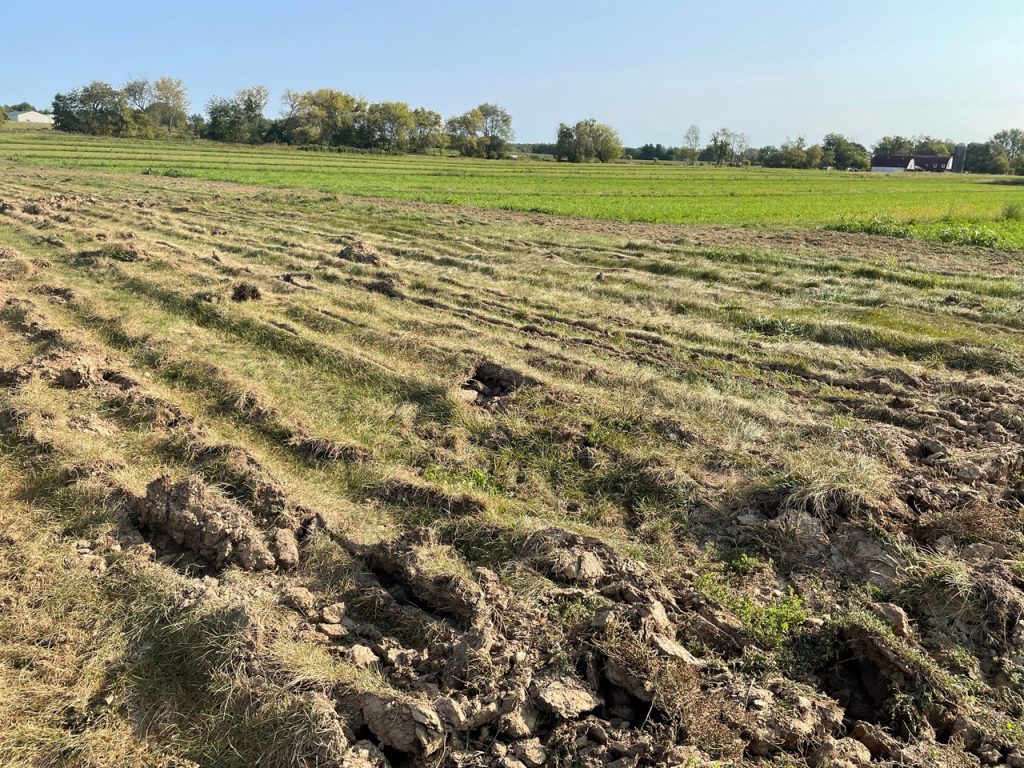
dry, rutted headlands subsoiled by Pollo, before rotovating and seeding; cover crop of fall peas in background
A Smoother Future
These wounds from the past—ruts and ditches—are interesting to consider: how the past can plague us in the present, toss us around and jostle us. It’s important to find the time to heal them.
Overheard at the Health Food Store
Customer: “My dad died. And my brother is an alcoholic, which makes things more complicated. Too bad we can’t choose which family members to keep.”
Store Employee: “Oh, I hear you on that.”
Warmly,
Farmer John
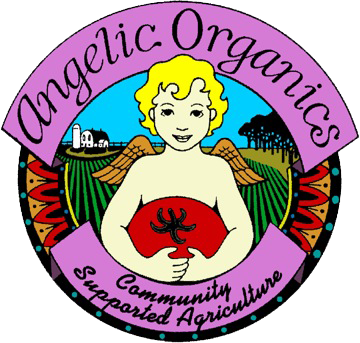
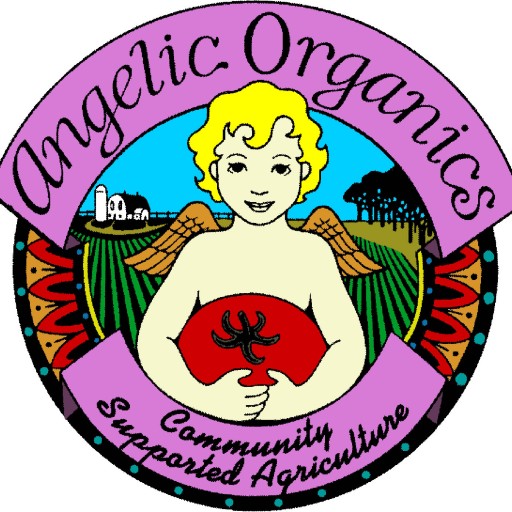
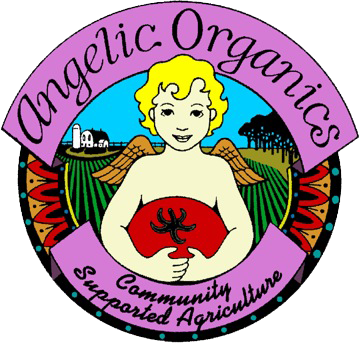
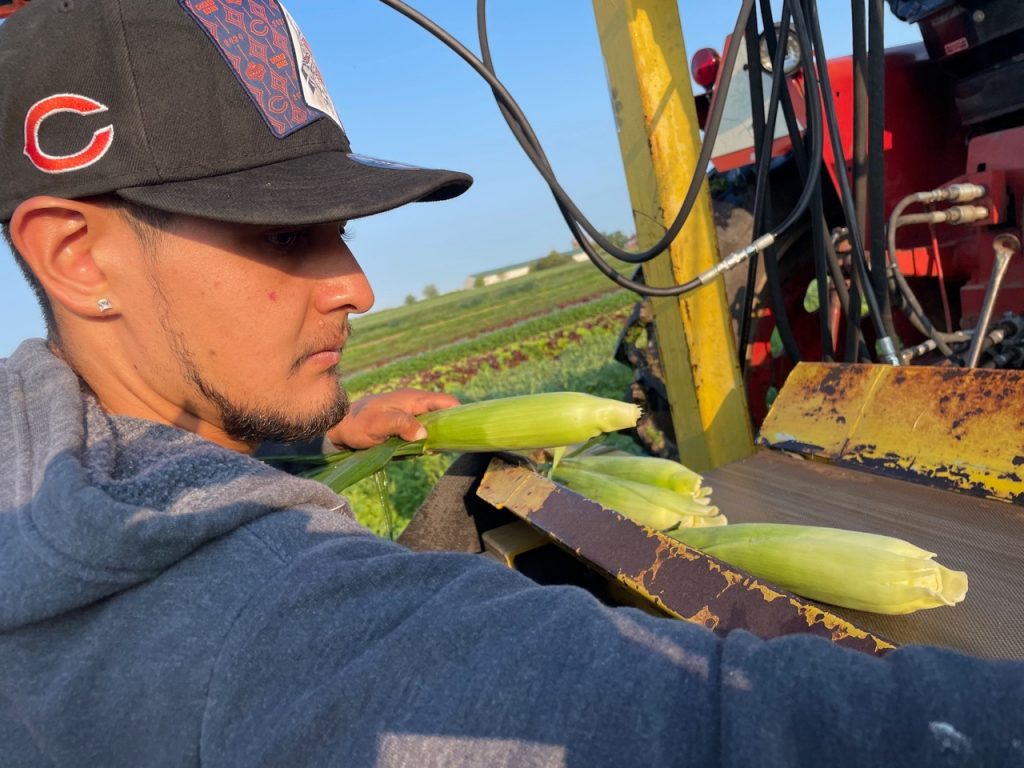
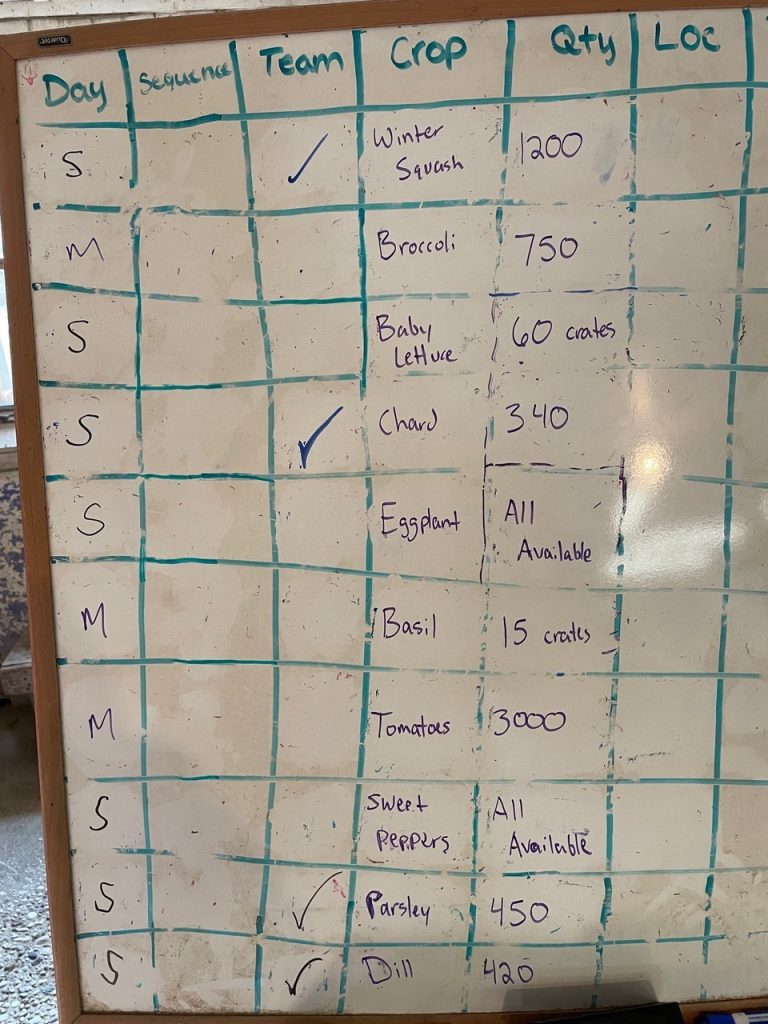
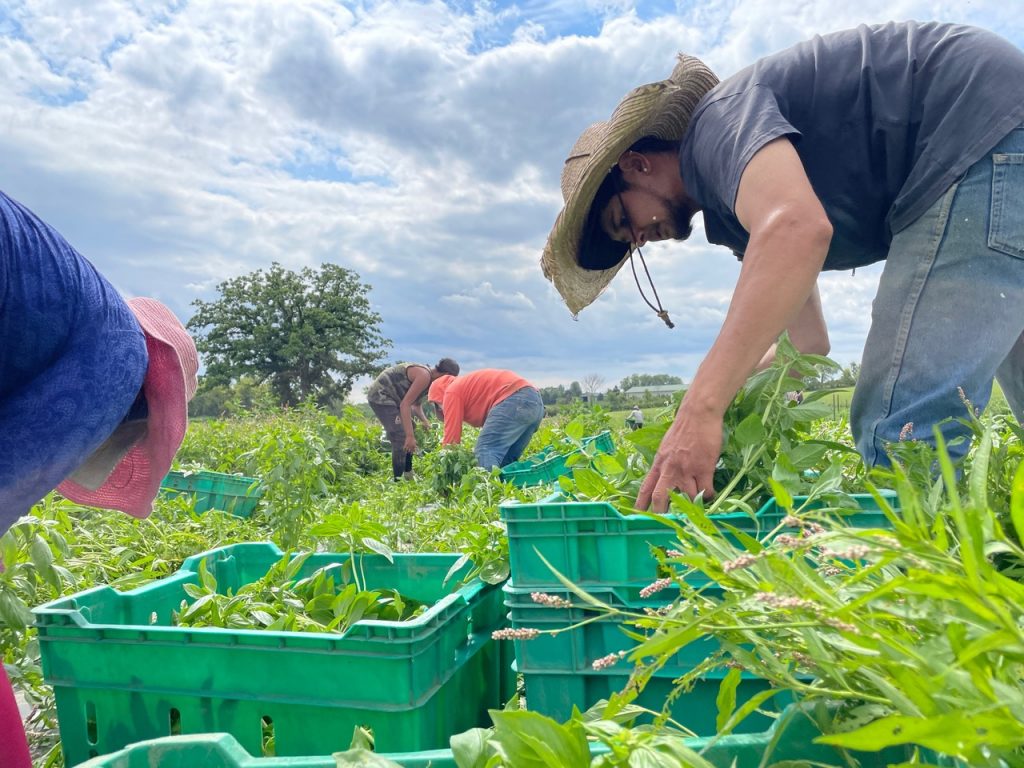
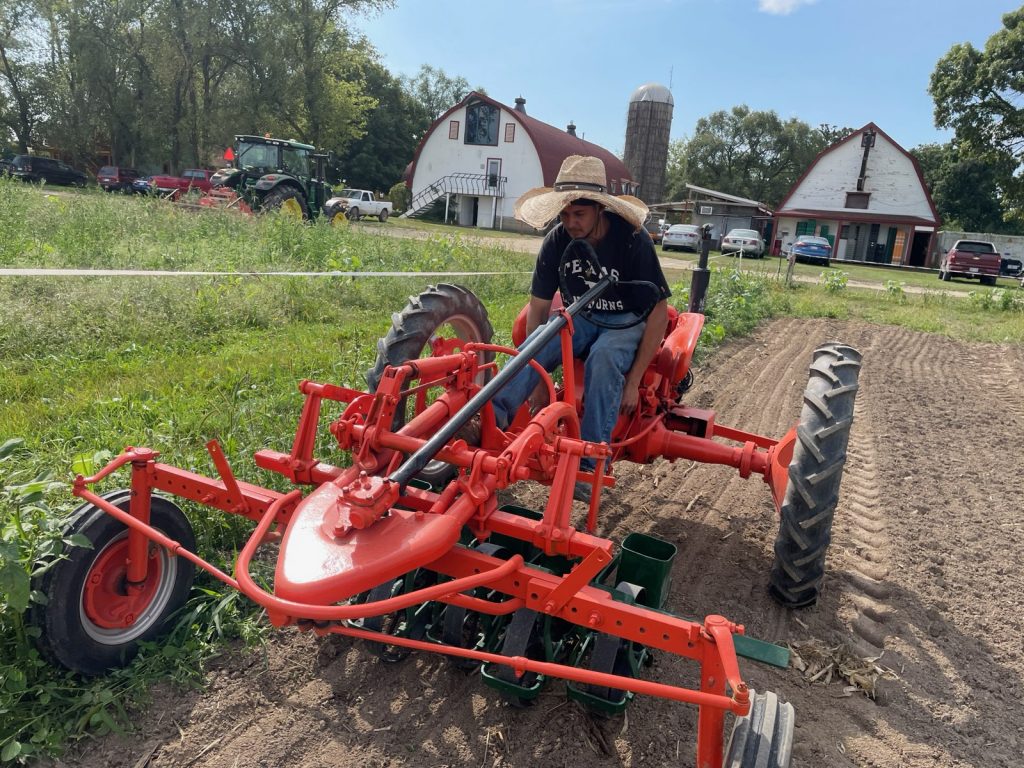
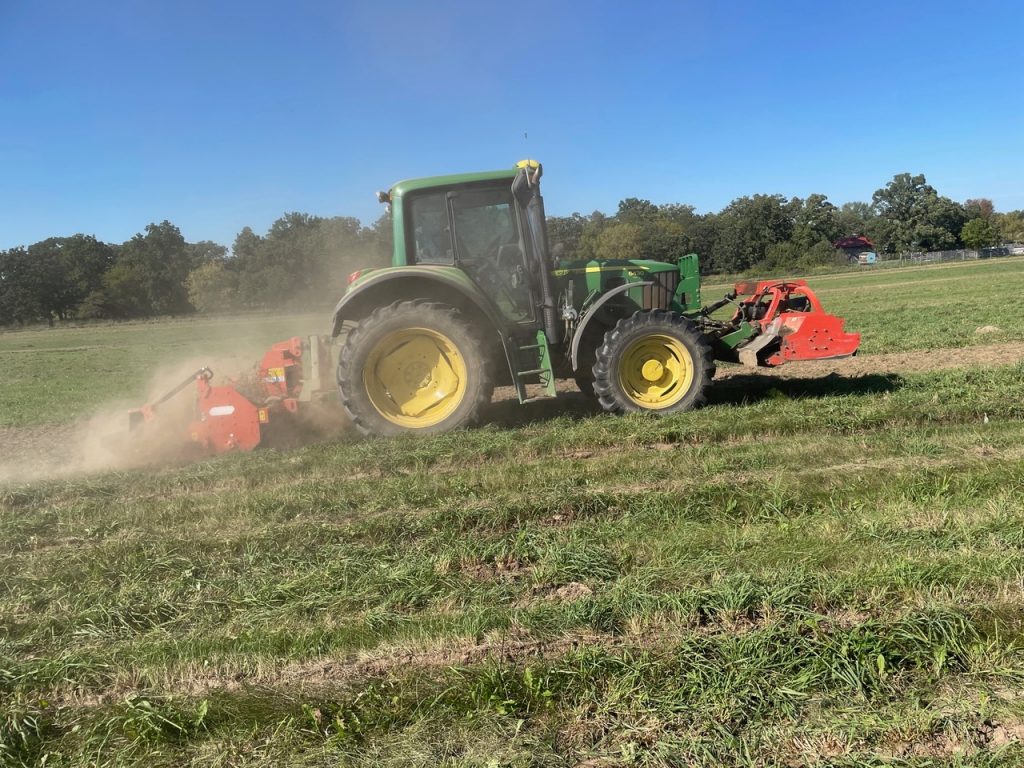
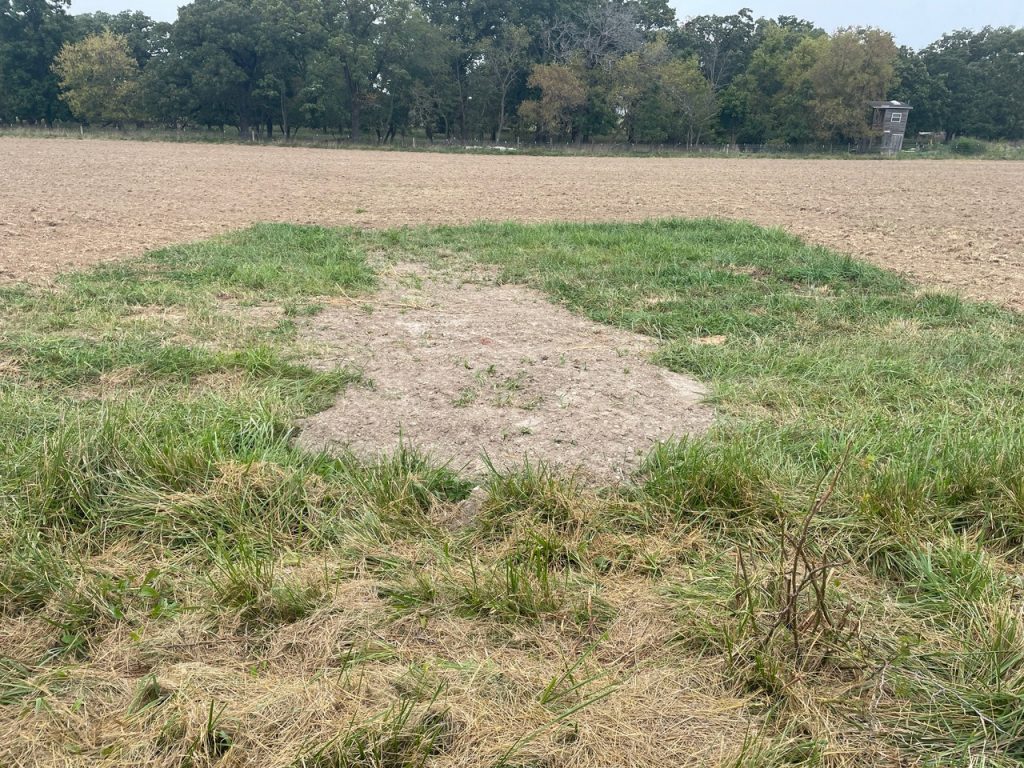
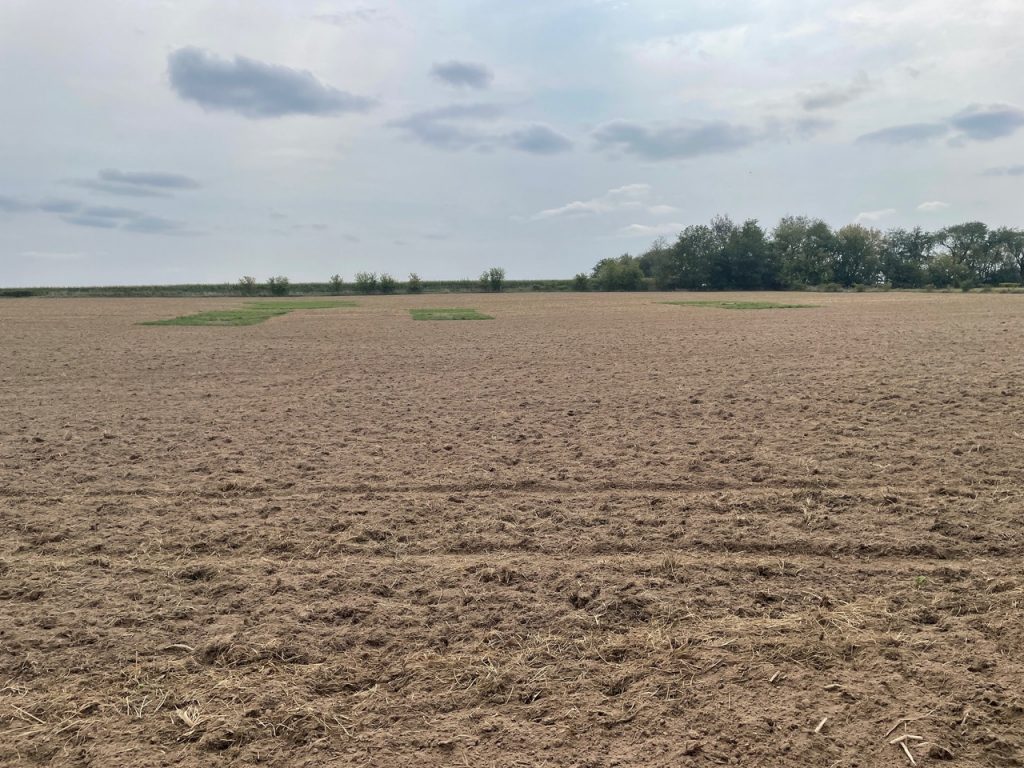

I wonder how many city folks know there is no suspension on a tractor? Unless you count the tiny bit of cushioning from a rubber tire or sprung seat. It doesn’t seem important until you hit that first big rut and everything loose goes flying. Loved seeing the Allis G at work.
Great observation about suspension on tractors. There are some buffers on the more modern tractors, but not shocks and springs. The ride can still be rough, even with those modern amenities.